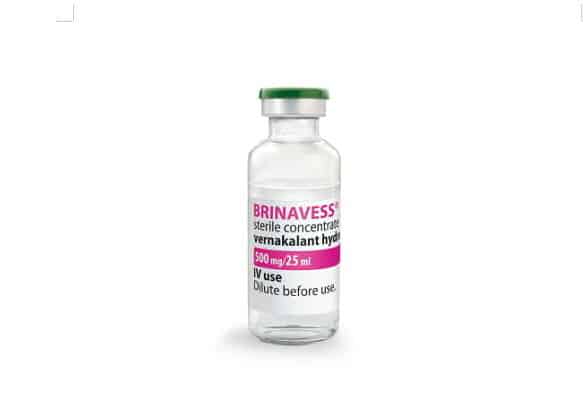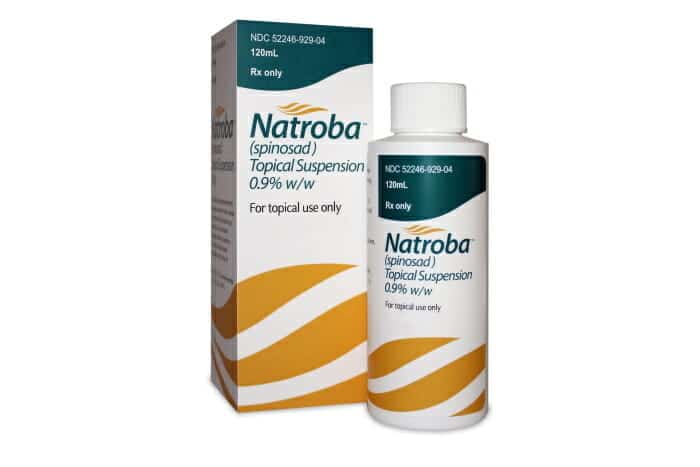Cipher Pharma has price target cut at Stifel

 Stifel GMP analyst Justin Keywood delivered an update to clients on Monday on Canadian specialty pharma company Cipher Pharmaceuticals (Cipher Pharmaceuticals Stock Quote, Chart, News, Analysts, Financials TSX:CPH), with the analyst dropping his target on the stock amid further uncertainty surrounding one of its assets.
Stifel GMP analyst Justin Keywood delivered an update to clients on Monday on Canadian specialty pharma company Cipher Pharmaceuticals (Cipher Pharmaceuticals Stock Quote, Chart, News, Analysts, Financials TSX:CPH), with the analyst dropping his target on the stock amid further uncertainty surrounding one of its assets.
Oakville, Ontario-based Cipher Pharmaceuticals holds a portfolio of commercial and early-to-late-stage products primarily in the hospital drug field. The company manages clinical development through regulatory approval and marketing on products in Canada and, through partners in the US and South America.
Cipher announced Friday after market close an arbitration ruling in its dispute with Bausch Health over Trulance, an oral tablet approved by Health Canada for the treatment of irritable bowel syndrome with constipation in adults. The dispute was announced last January when Cipher received a Notice of Termination from Bausch with respect to its License, Development and Commercialization Agreement on Trulance, with Bausch saying that Cipher breached provisions of the agreement.
The arbitration ruling found Cipher to be in breach of a commercialization contract and ordered the company to turn over the Canadian Drug Identification Number (DIN) for Trulance immediately. The ruling also said Cipher is to pay $240,000 to Bausch related to unpaid invoices, with additional awarded amounts potentially to follow from a subsequent stage of the arbitration process.
In the January 15 announcement, Cipher said it has impaired US$5.4 million in intangible assets as a result, including about US$5 million paid upfront for Trulance and certain milestones.
“Although we are disappointed with the results of this arbitration it is important to note that Trulance was not currently being marketed or generating revenue for Cipher,” said Craig Mull, Interim CEO, in the press release. “Despite this news, we remain committed to driving profitability, strengthening the balance sheet and looking for the right opportunities for growth.”
Cipher’s share price had been rallying over the first two weeks of January but then dropped 21 per cent in trading on Monday after the announcement. Once valued at upwards of $18 per share in late 2014, CPH has spent the past two years in the $0.80 to $1.40 range and finished 2020 down 38 per cent.
On the arbitration announcement, Keywood had this to say in his note: “Trulance could have been a material product for CPH but has not been commercially launched, and we did not model in any contributions, given the legal dispute. However, there remains uncertainty on the final amount that CPH may be liable for as the result of the arbitration and the broader business strategy still remains unclear.”
“[Cipher’s] business has gone through iterations but has generated good near-term profit and cash flow, along with reducing debt. However, the outlook remains highly uncertain with a declining royalty asset and still a transitionary strategy, resulting in our conservative view and rating,” Keywood said.
With the update, Keywood has maintained his “Hold” rating and decreased his target price from C$1.00 to C$0.85, which at press time represented a projected 12-month return of 3.6 per cent. Keywood said his target stems from a 3.5x multiple of his 2021 EBITDA estimate versus a 4x multiple prior and noted, “Our well below average target multiple accounts for the high uncertainty in the business model and potential greater liability related to the arbitration ruling.”
As for his forecast, Keywood is calling for Cipher to generate 2020 revenue and EBITDA of $19.7 million and $11.8 million, respectively, and 2021 revenue and EBITDA of $12.7 million and $5.0 million, respectively. (All figures in US dollars except where noted otherwise.)
Cipher last reported earnings on November 12, 2020, where the company’s Q3 featured revenue of $4.9 million compared to $5.8 million a year earlier. Cipher attributed the drop to a decrease in licensing revenue, which went from $3.6 million a year ago to $2.9 million for the three months ended September 30, 2020.
Licensing revenue in the United States for Cipher’s acne medication Absorica went from $2.6 million a year ago to $2.3 million, while product revenue went from $2.2 million to $2.0 million, with the Canadian version of its acne drug Epuris taking in $1.8 million in revenue compared to $1.9 million a year earlier.
At the end of the third quarter, Cipher had $4.7 million in cash and $1.7 million drawn from a credit facility, which was subsequently paid off at the end of October. Also over the quarter, Cipher bought 30,000 of its shares for cancellation under an NCIB.
In its third quarter update, Cipher management said it has received encouraging results from proof of concept studies related to its tattoo program and has identified a lead candidate compound, with planning underway for the next focused preclinical animal study. On its nail fungus program, Cipher said it’s in continuing discussions with development partner Moberg, who has said it has developed a proprietary formulation that can deliver a higher concentration of active drug content to the nail bed than competing products on the market. On Alitretinoin, Cipher’s drug for severe hand eczema, the company said it’s continuing to evaluate the market potential for the product.


